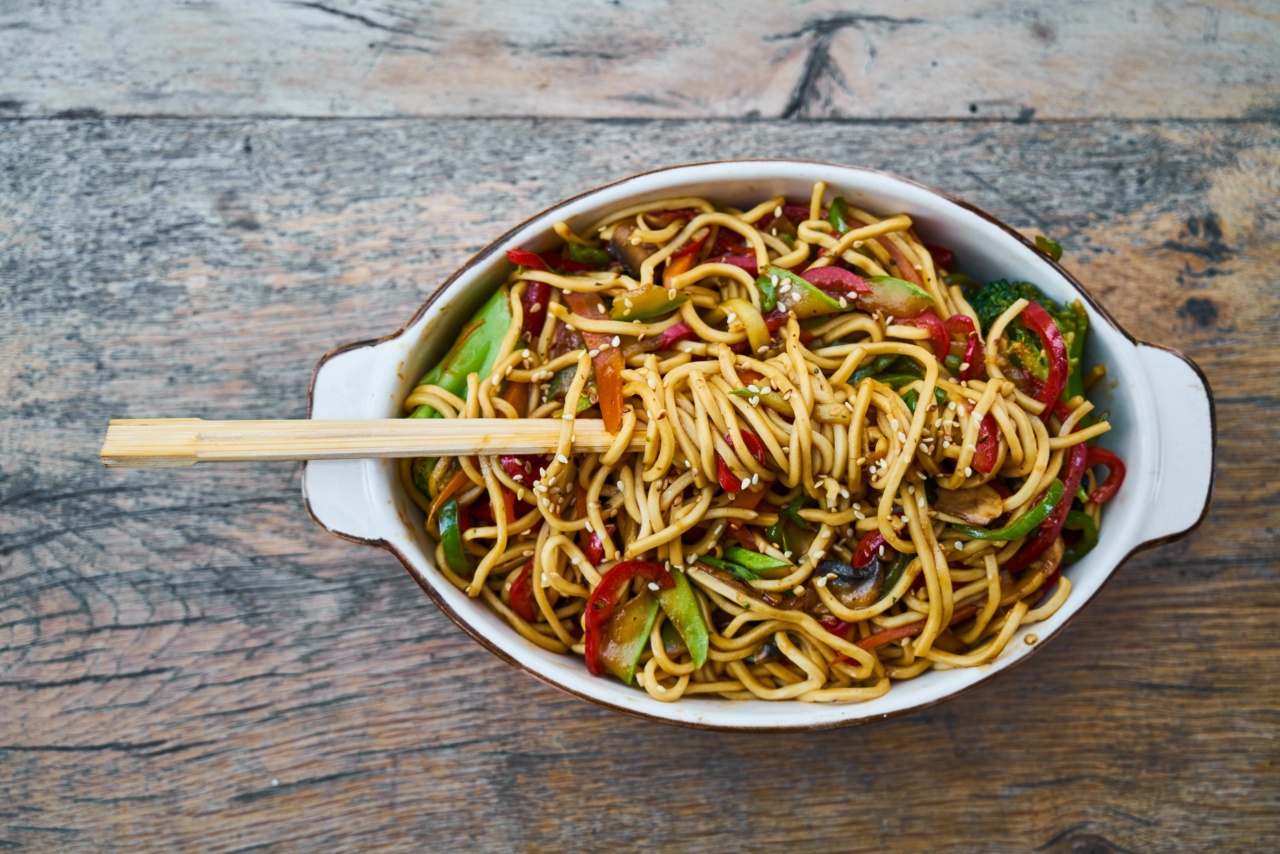Eggs are one of the most nutritious foods that you can include in your diet. They are packed with vitamins and minerals that are essential for good health.
Eggs have been a staple in the human diet for thousands of years, and are a great source of protein, healthy fats, and other nutrients that can help keep your body healthy and strong.
What’s in an Egg?
An egg is composed of several different parts – each of which offers its own unique set of nutrients:.
Egg White
The egg white, or albumen, is the clear fluid that surrounds the yolk of the egg. It is a great source of protein, with around 3.6 grams per egg. Egg whites also contain a number of vitamins and minerals, including riboflavin, selenium, and potassium.
Egg Yolk
The egg yolk is the yellow center of the egg. It contains healthy omega-3 fats, as well as a number of important vitamins and minerals, including vitamin D, vitamin A, and choline.
The yolk of an egg is also a rich source of antioxidants, which help to protect your body from damage caused by free radicals.
Eggshell
Although the eggshell itself isn’t edible, it does contain a small amount of calcium, which is important for strong bones and teeth.
Why are Eggs so Nutritious?
Eggs are a powerhouse of nutrients because they contain a little bit of almost every essential vitamin and mineral that your body needs. In fact, a single egg contains the following nutrients:.
- 6% of the recommended daily intake (RDI) for vitamin A
- 5% of the RDI for folate
- 7% of the RDI for vitamin B5 (pantothenic acid)
- 9% of the RDI for vitamin B12
- 15% of the RDI for vitamin B2 (riboflavin)
- 22% of the RDI for selenium
- 2% of the RDI for vitamin E
- 10% of the RDI for vitamin D
- 20% of the RDI for choline
- 113 mg of choline, which is important for brain health
Eggs and Protein
Eggs are one of the best sources of high-quality protein that you can find. In fact, the protein in eggs is considered to be a complete protein, meaning that it has all of the essential amino acids that your body needs to function properly.
This makes eggs a great choice for athletes, bodybuilders, and anyone looking to build or maintain muscle mass.
In a single large egg, there are around 6 grams of protein.
This means that if you eat two eggs for breakfast, you’re already consuming 12 grams of protein – a sizeable amount that will help to keep you feeling full and satisfied until lunchtime.
Eggs and Healthy Fats
Healthy fats are an important part of a balanced diet, and eggs are a great source of healthy fats. Specifically, the yolk of an egg contains healthy omega-3 fats, which are important for heart health and brain function.
The healthy fats in eggs can help to lower your cholesterol levels and reduce your risk of heart disease.
They can also help to keep you feeling full and satisfied after a meal, which can be helpful if you’re trying to lose weight or maintain a healthy weight.
Eggs and Vitamins and Minerals
In addition to being a great source of protein and healthy fats, eggs are also rich in vitamins and minerals that are essential for good health. Some of the key vitamins and minerals that are found in eggs include:.
- Vitamin A – important for eye health and immune system function
- Vitamin D – important for bone health and immune system function
- Vitamin E – an antioxidant that helps to protect your body from damage caused by free radicals
- Vitamin B12 – important for nerve function and red blood cell production
- Folate – important for cell growth and development
- Iron – important for the transport of oxygen throughout the body
- Selenium – an antioxidant that helps to protect your body from damage caused by free radicals
By including eggs in your diet, you can be sure that you’re getting a wide range of essential vitamins and minerals that are important for good health.
How to Incorporate Eggs into Your Diet
There are many different ways to incorporate eggs into your diet. Some simple ideas include:.
- Hard-boil a few eggs at the beginning of the week and keep them in the fridge for an easy protein-rich snack on the go.
- Scramble an egg or two with some veggies for a quick and easy breakfast.
- Add sliced boiled eggs to a salad for some extra protein and healthy fats.
- Bake egg muffins with some vegetables for a quick breakfast that you can easily grab on your way out of the door.
With so many different ways to incorporate eggs into your diet, there’s no reason not to enjoy all of the benefits that come with this nutrient-rich superfood.





























